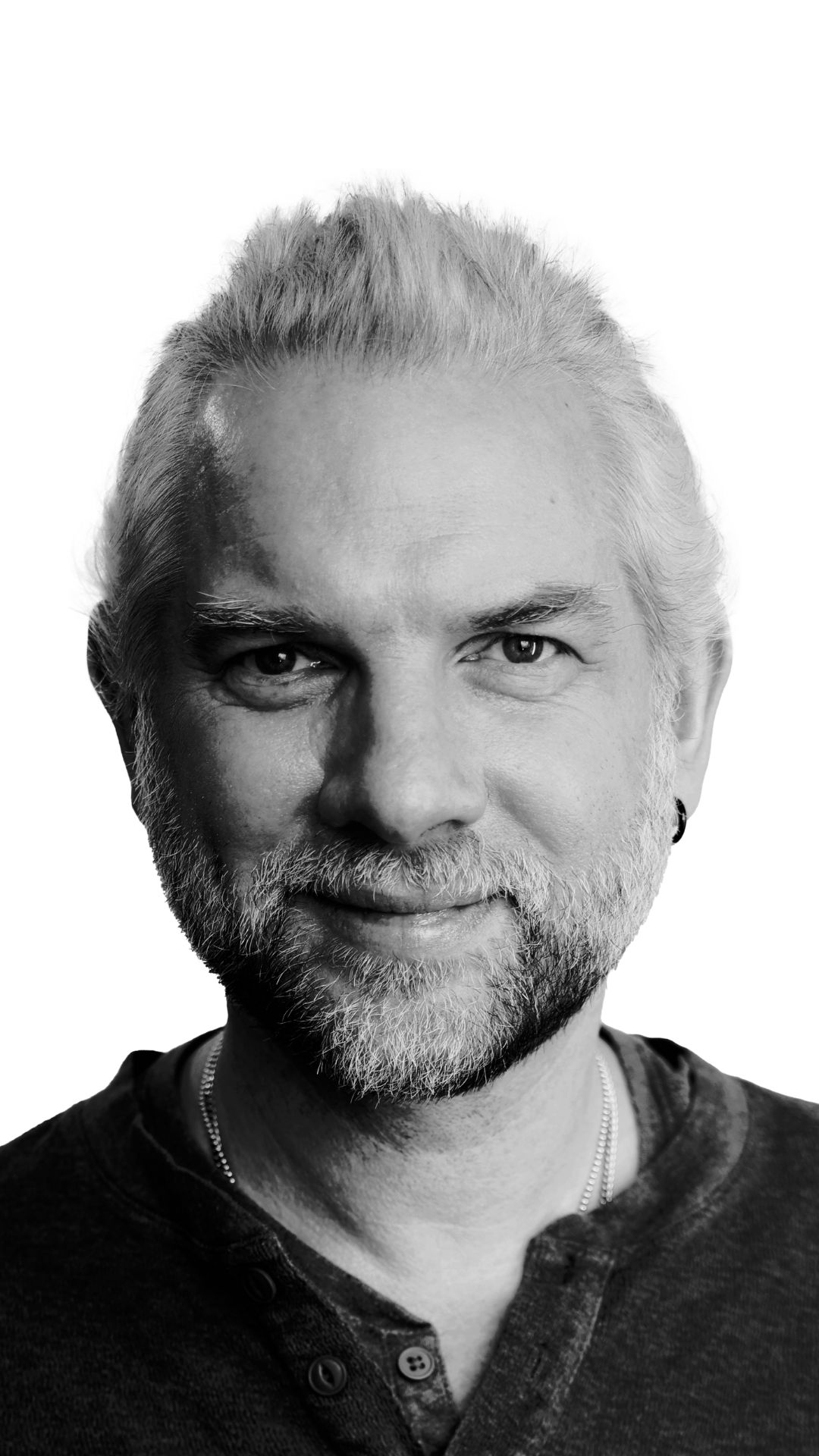Sign up to our newsletter Subscribe
Analysing Global Immunisation Expenditure


In 2024, the Prize focused on the nexus between climate change and health, with the question:
Andrew is a leading expert in health economic evaluation, with a particular focus on statistical methods for cost-effectiveness analysis. His work encompasses parameter estimation for economic models, cost-effectiveness analyses within clinical trials, and exploring heterogeneity in health outcomes using advanced prognostic scoring methods. In recent years, Andrew has broadened his research scope to explore environmental economic evaluation, integrating health co-benefits into analyses of environmental policies and interventions. This interdisciplinary approach reflects his commitment to addressing global challenges at the intersection of health and sustainability.
As co-chair of the Joint Society for Medical Decision Making (SMDM) and International Society for Pharmacoeconomics and Outcomes Research (ISPOR) Task Force on Modelling Methods, Andrew led the development of seven papers that have shaped best practices in medical decision-making and health technology assessment. He is the author of two widely regarded textbooks: Decision Modelling for Health Economic Evaluation (Oxford University Press) and Statistical Methods for Cost-Effectiveness Analysis (Wiley). With a career dedicated to advancing methodological research and practical applications, Andrew continues to influence academia and policy in health and beyond.

Having received his PhD in philosophy from Harvard, Thomas Pogge is Leitner Professor of Philosophy and International Affairs and founding Director of the Yale Global Justice Program. Pogge is a member of the Norwegian Academy of Science as well as co-founder of Academics Stand Against Poverty (ASAP), an international network aiming to enhance the impact of scholars, teachers and students on global poverty, and of Incentives for Global Health, a team effort toward developing a complement to the patent regime that would improve access to advanced pharmaceuticals for the poor worldwide. His publications include Pro-Poor Mountain Tourism, Routledge 2024; Designing in Ethics, co-edited, Cambridge 2017; Global Tax Fairness, co-edited, Oxford 2016; Politics as Usual, Polity 2010; World Poverty and Human Rights, 2nd edition, Polity 2008; Global Justice and Global Ethics, co-edited, Paragon House 2008; John Rawls: His Life and Theory of Justice, Oxford 2007; and Freedom from Poverty as a Human Right, edited, Oxford & UNESCO 2007. More information at https://campuspress.yale.edu/thomaspogge/

The three questions provided to assist with the submission:
For the purpose of the Prize, we define key terms in the question as follows:
Innovation
New products, ideas or methods. Relevant examples may include pharmaceutical, medical, technological, and/or process innovation.
Economic policies
Any course or principle of action adopted or proposed by an organisation that touches on economic principles or theory. Could include, for example, policy related to incentives, trade-offs, taxes and subsidies, or regulation, implemented at an organisational, regional or national level.
Global/ Generalisability
Whilst we appreciate that high income countries do need to drive the shift towards net-zero goals, we are seeking proposals that are scalable and can be applied to several contexts/ countries.
Environmentally sustainable innovation
Sustainable innovation refers to innovations that improve the environmental profile of products, process and/or infrastructure. These innovations strive to conserve natural resources and support the wellbeing of current and future generations. Sustainable innovation contributes to emission reduction.
We are delighted to announce the 2024 Innovation Policy Prize Fund. This biannual prize creates a new platform for original ideas to improve knowledge and understanding around innovation policy for the health and life sciences sector, and supports the next generation of health technologies.
The Judging Panel Chair in 2024 is Professor Anita Charlesworth CBE, and the OHE Prize Managers are Charlotte Ashton and Anjeli Sharma.
Our hope is that the OHE Prize not only motivates wider thinking into global solutions for the big health economic policy challenges, but also promotes the sharing of perspectives across disciplines and countries. But above all else, our main purpose is to ignite discussion.
Please direct your questions to prizefund@ohe.org.
Our monthly Bulletin highlights our work alongside the latest from across health economics and health care.